A safety bill, meant to prevent disaster in the face of extreme threats from AI, has passed the California legislature, and now awaits final approval from governor Gavin Newsom.
The bill has received public support from major players in the tech industry, including Elon Musk, but is not without its detractors.
Time to Decide
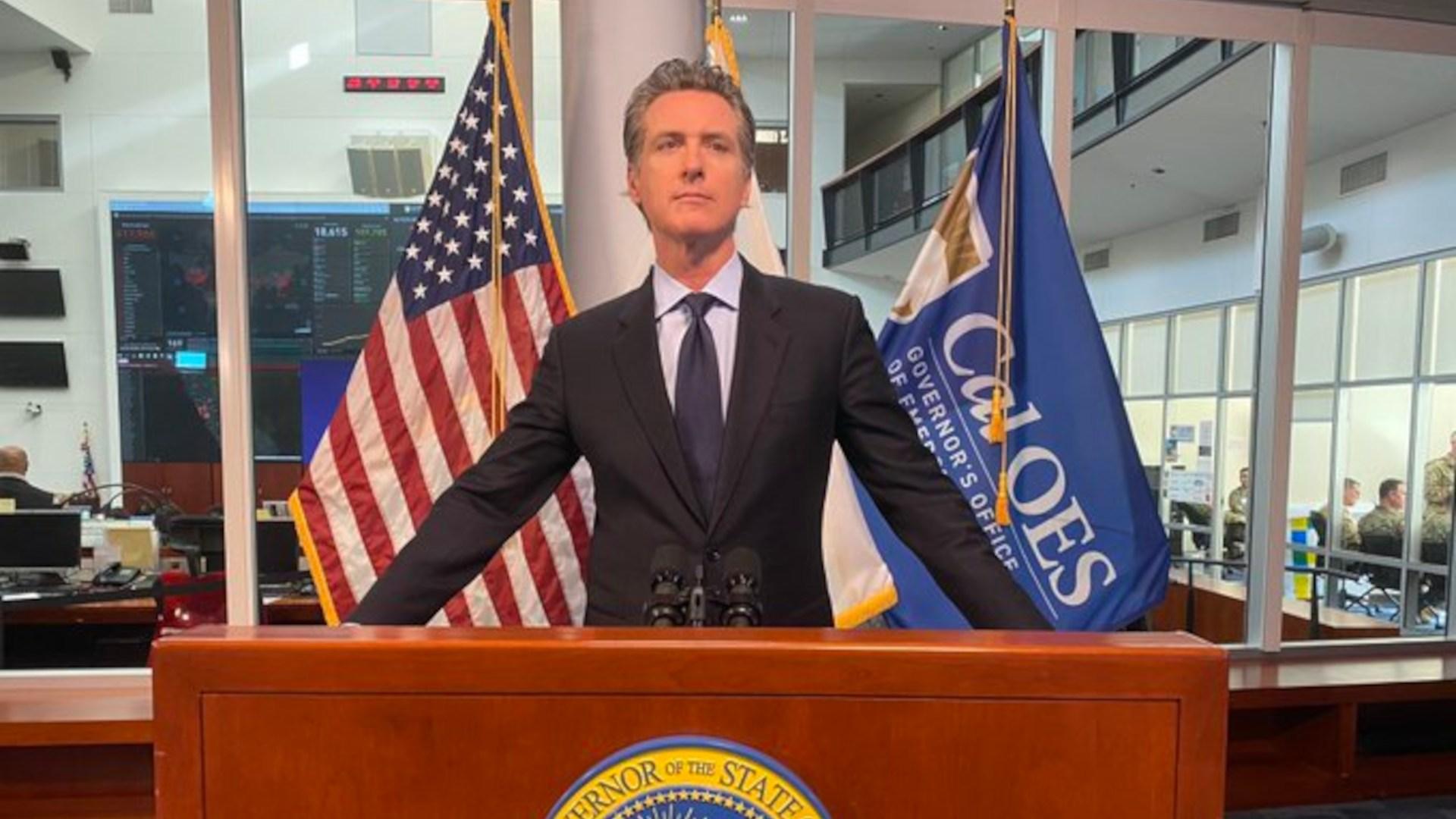
The bill was put forward by senator Scott Wiener, and narrowly passed with legislators on Assembly Wednesday.
Following its approval in the Senate, it will await its ultimate go-ahead from Newsom, who has until September to come to a final decision.
Safety First
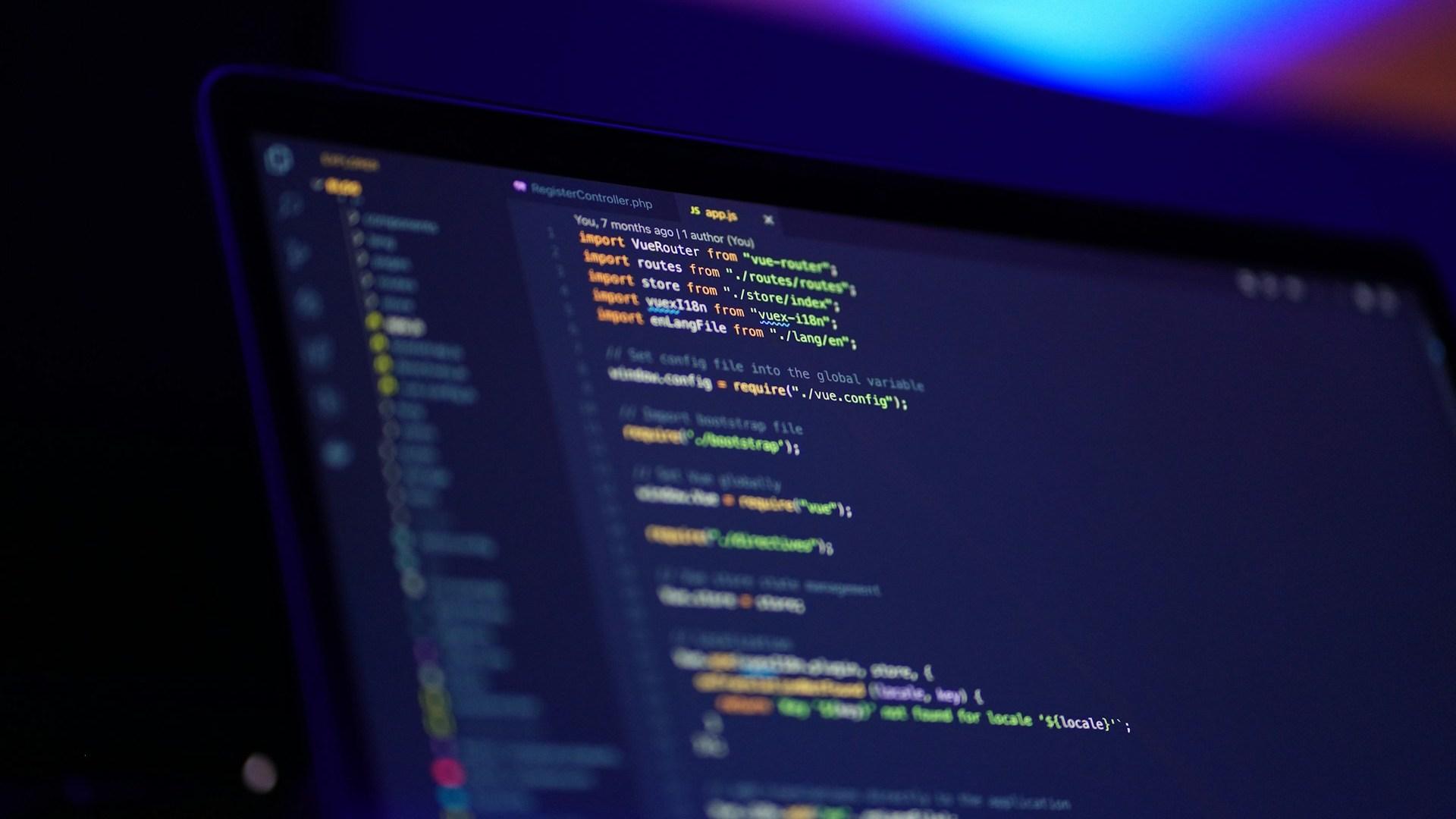
The bill sets out a suite of safety measures, intended to protect the public from some worse-case scenarios of AI development.
It obligates companies to publicly release their safety protocols, and undergo mandatory testing of expensive models.
Danger Scenarios
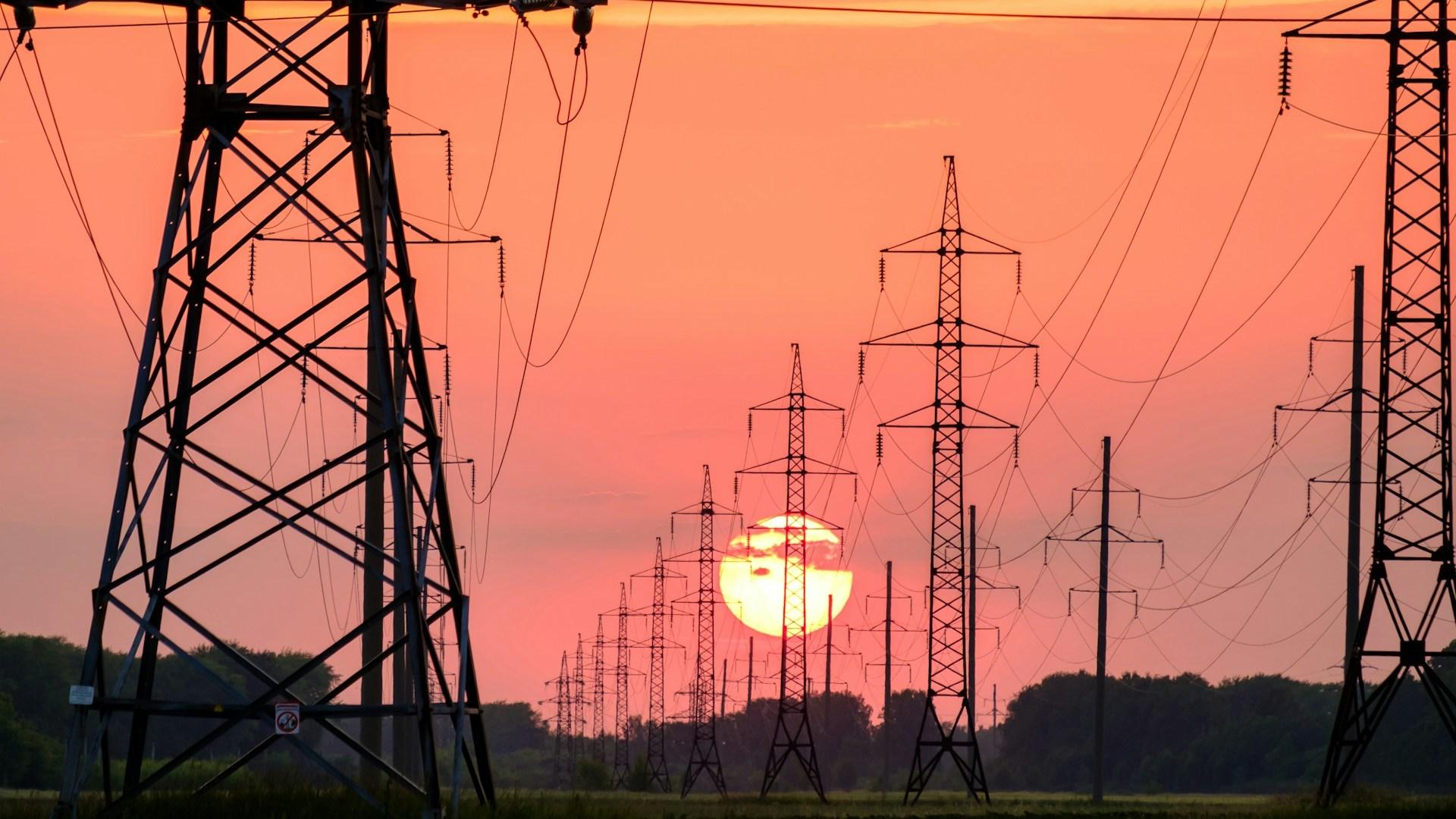
The scenarios the bill is meant to protect against have been predicted by some experts as possible negative developments in AI progress.
They have suggested that, should AI develop unchecked, bad actors may use the technologies to create chemical weapons or attack national infrastructure.
Future Proofing
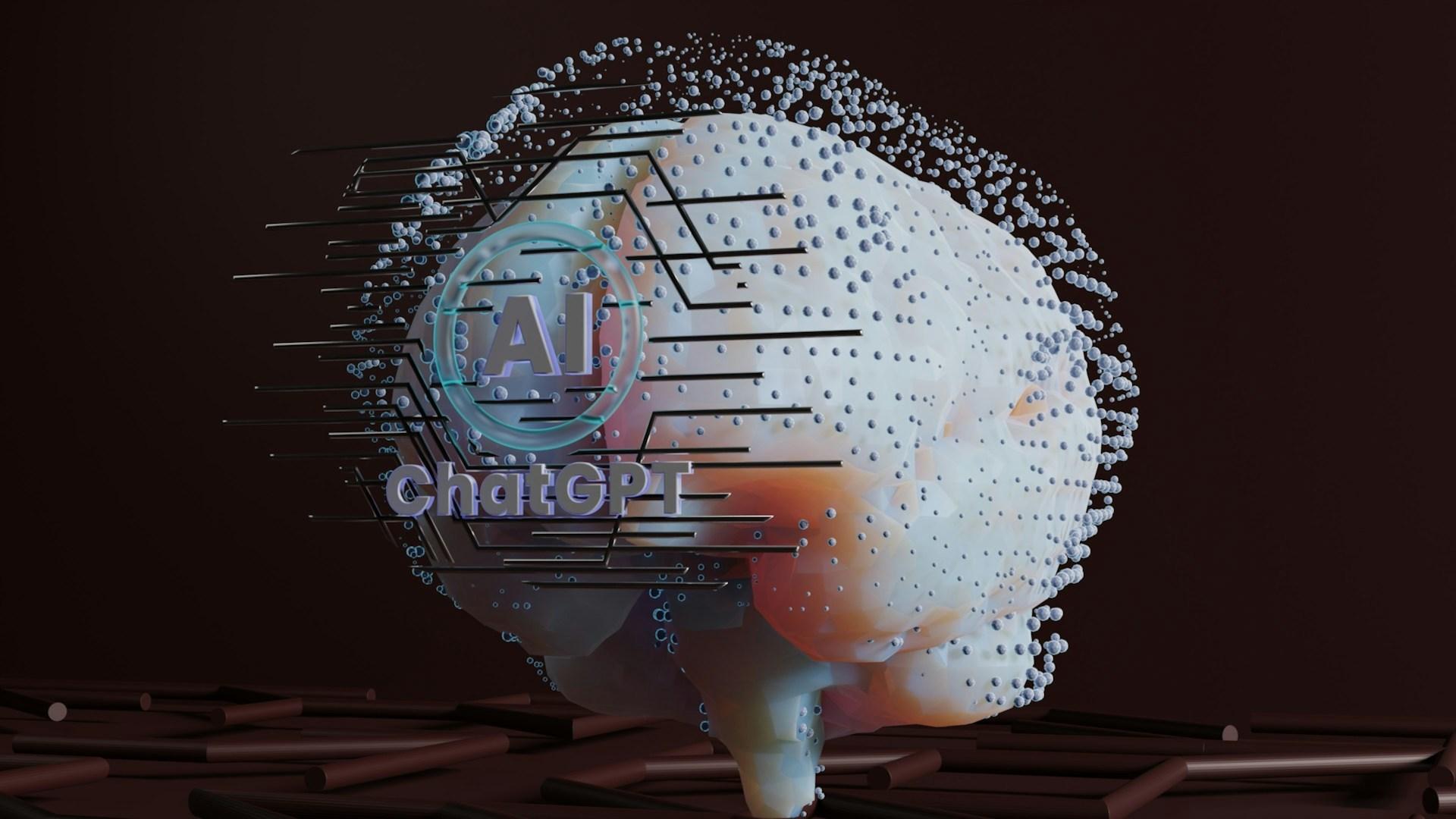
Despite lobbied opposition from OpenAI, Google, and Meta, the bill will not affect any current AI projects.
This is because, for the bill to take effect, the models developed must cost north of $100 million.
Setting Boundaries
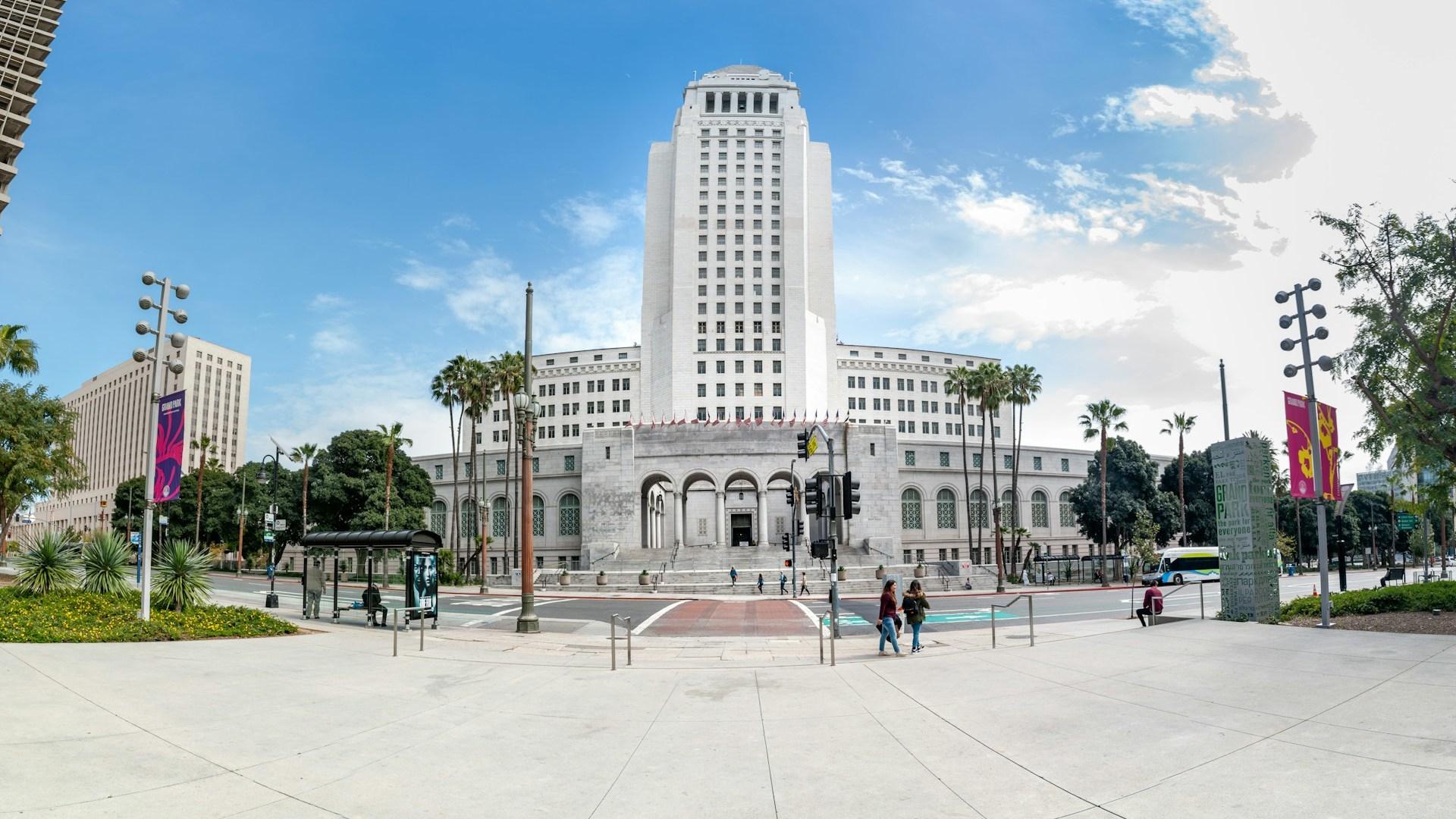
Assemblymember Devon Mathis was a supporter of the bill, suggesting that now was a good time to introduce limited regulation for “Big Tech”.
“It’s time that Big Tech plays by some kind of a rule, not a lot, but something. The last thing we need is for a power grid to go out, for water systems to go out.”
Musk Weighs In
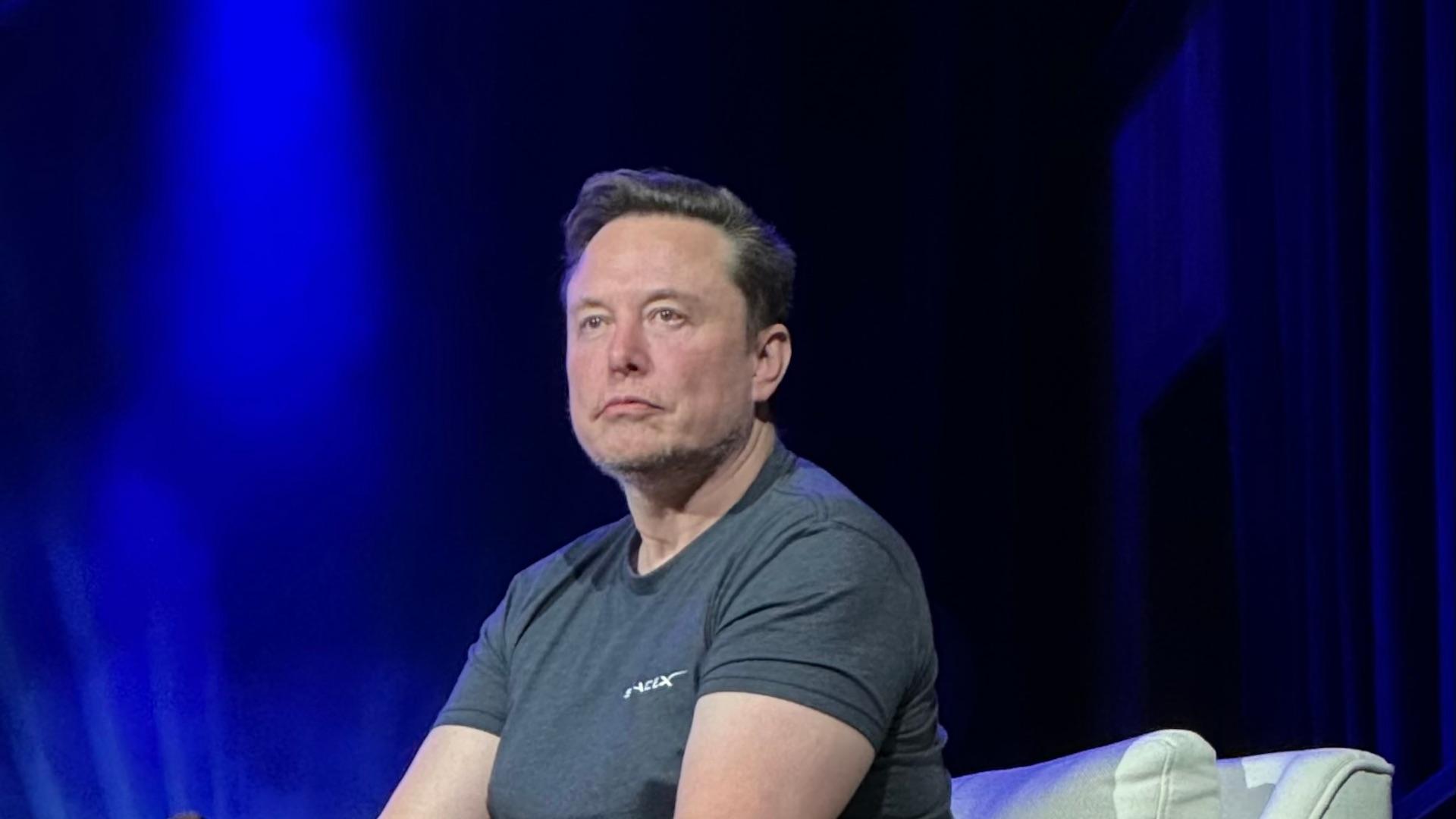
Elon Musk, CEO of Tesla, also offered his opinion on X, and narrowly came down in favor of the bill, describing his decision as a “tough call” in favor of regulation.
“For over 20 years, I have been an advocate for AI regulation, just as we regulate any product/technology that is a potential risk to the public.”
Pelosi Interrogates the Bill
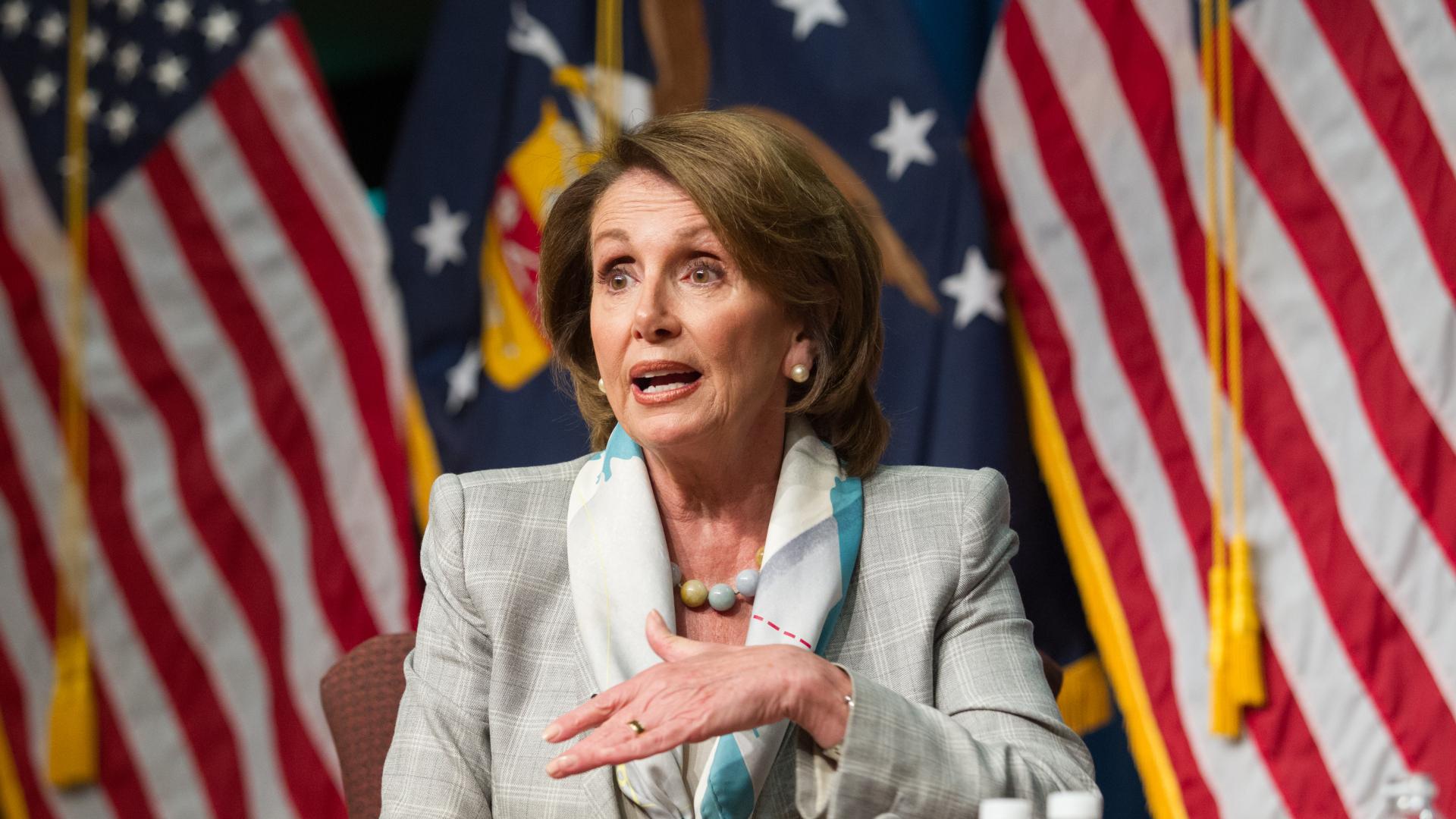
Nancy Pelosi, former speaker of the US House of Representatives, opposed the bill, questioning the basis on which it had been developed.
She said that the “view of many of us in Congress is that [the proposal] is well-intentioned but ill informed.”
Blade Runner Bill
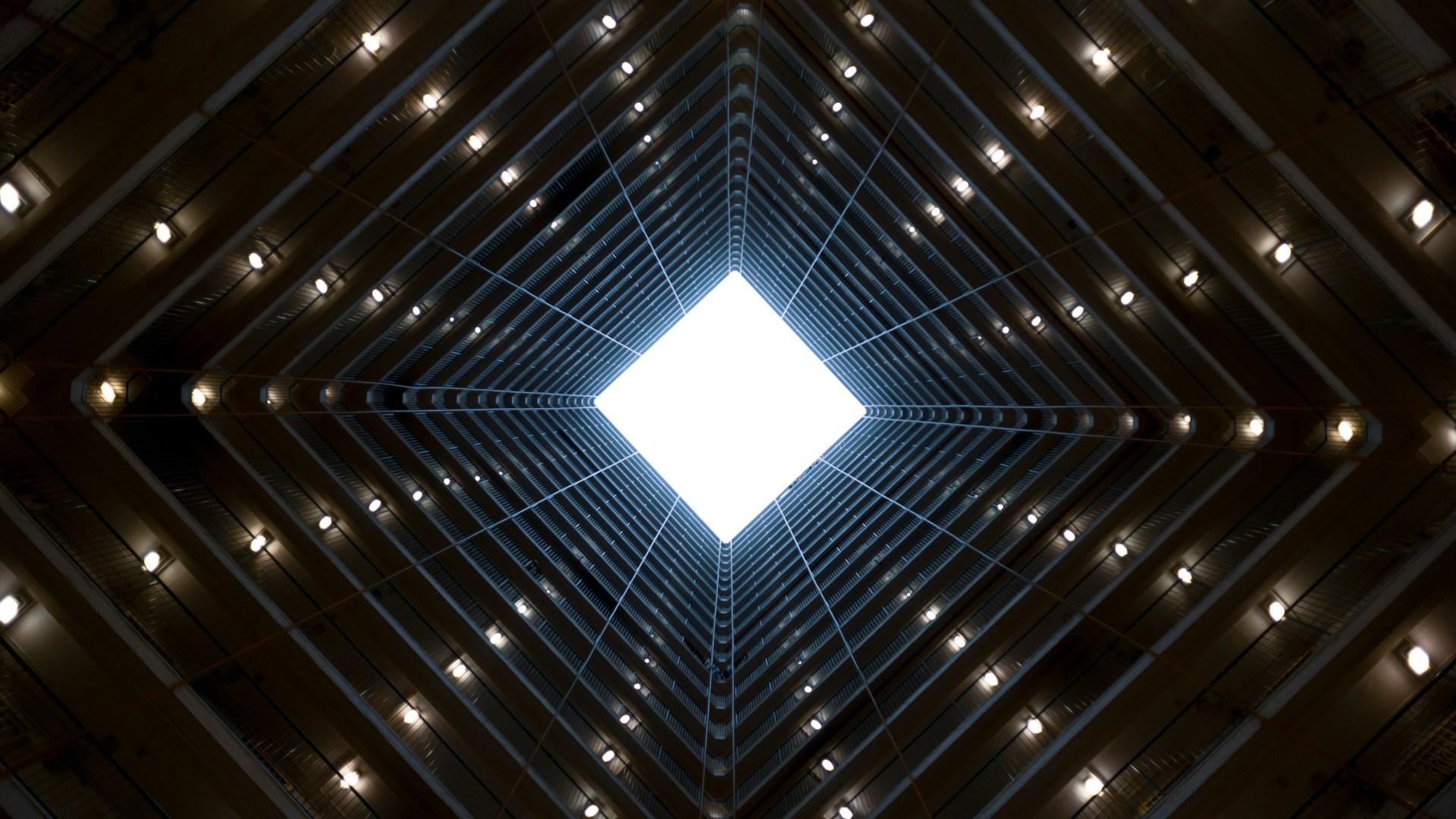
Chamber of Progress, a lobbying group funded by Amazon and Google, described the bill as being driven by “science fiction fantasies of what AI could look like.”
“This bill has more in common with Blade Runner or The Terminator than the real world. We shouldn’t hamstring California’s leading economic sector over a theoretical scenario.”
Wiener Responds to Critics
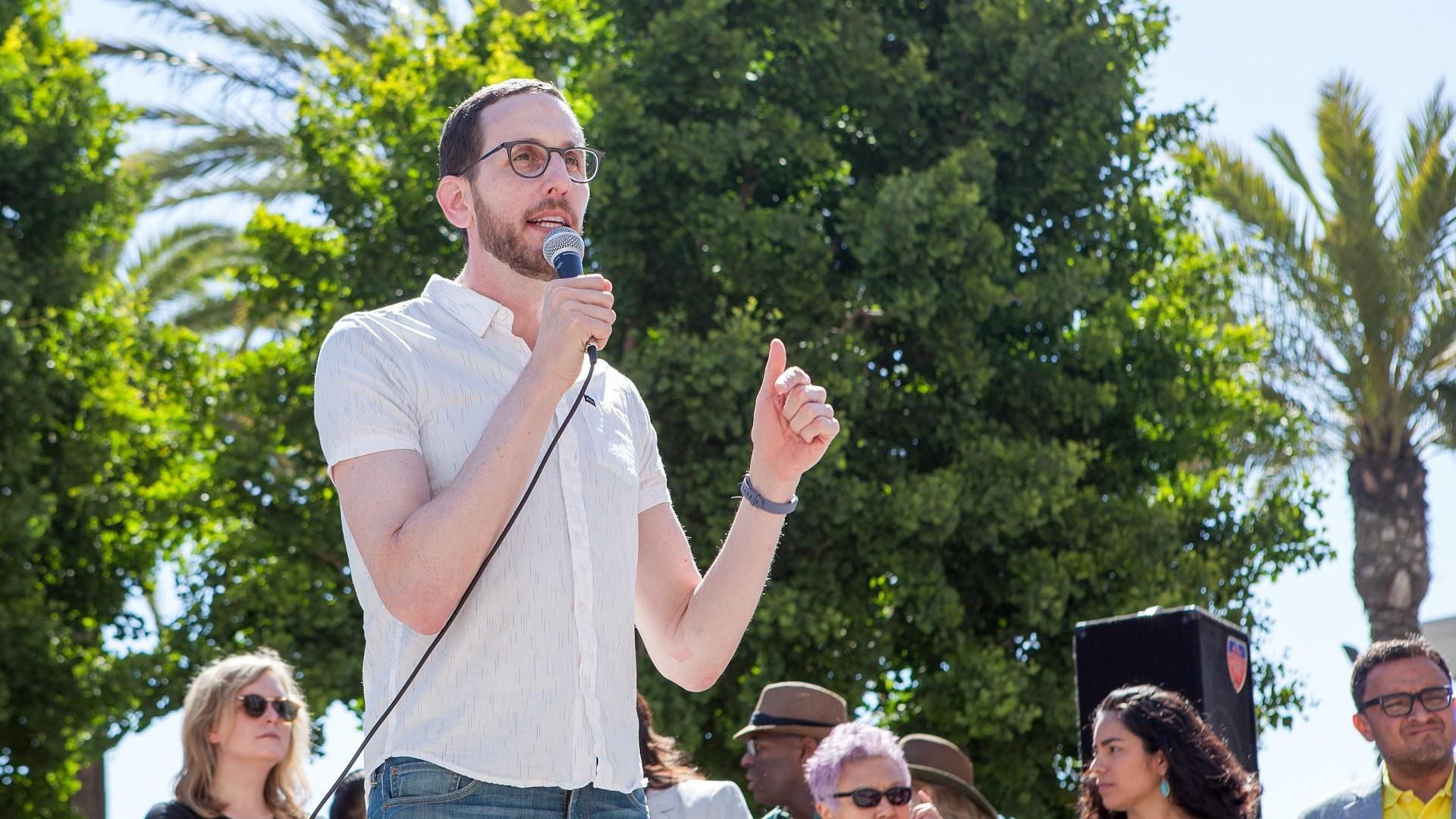
Wiener, the bill’s author, stated that “innovation and safety can go hand in hand,” and responded to critics that suggested the risks were fanciful.
“If they really think the risks are fake, then the bill should present no issue whatsoever.”

